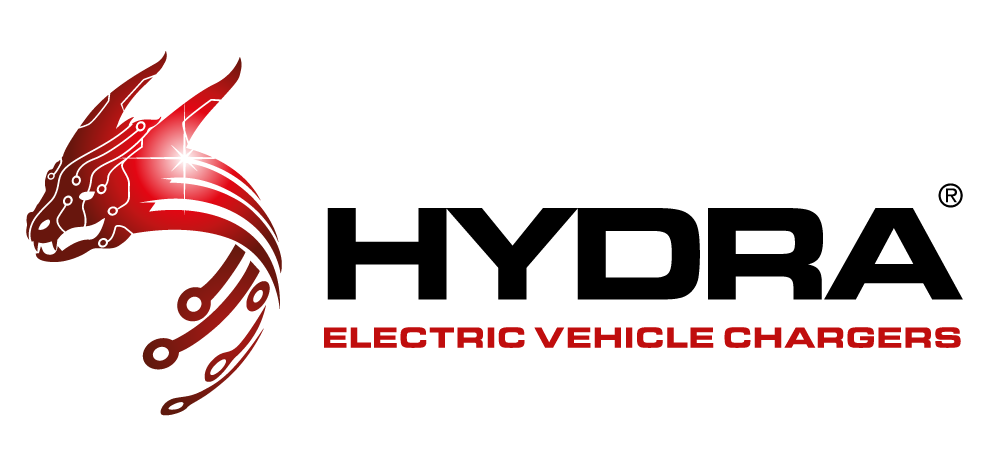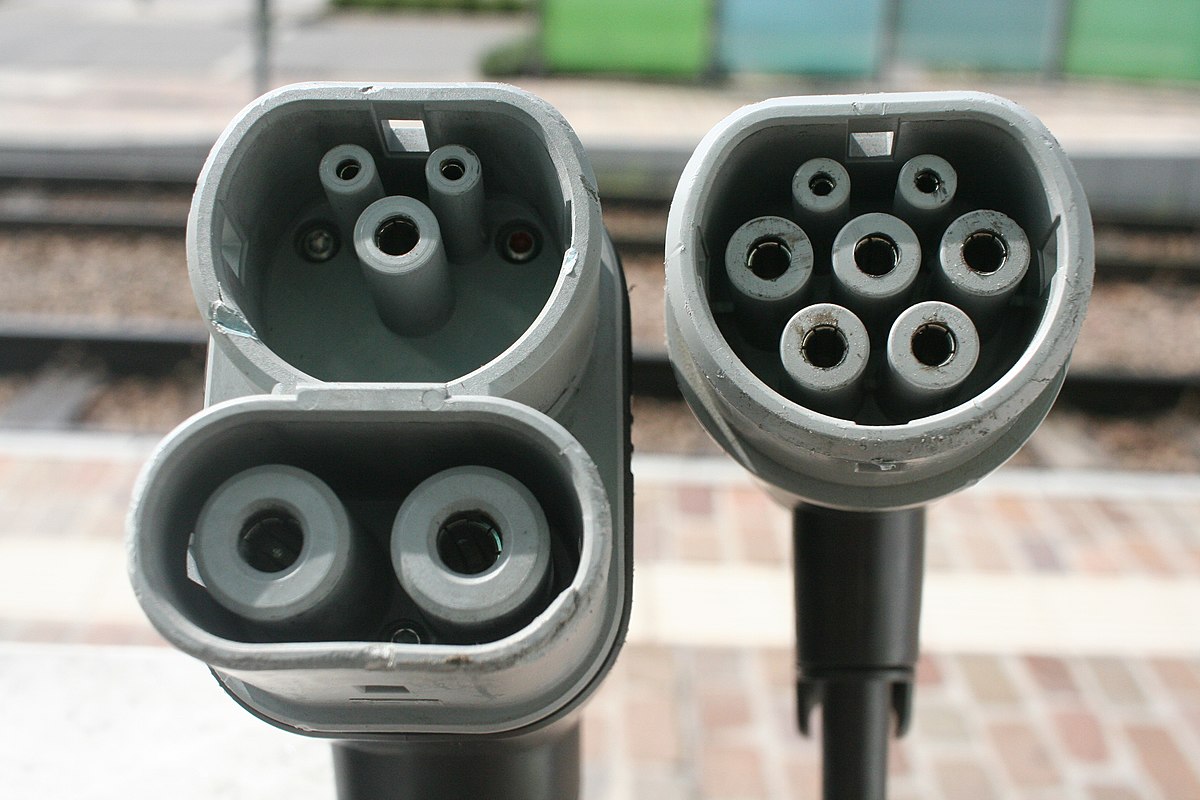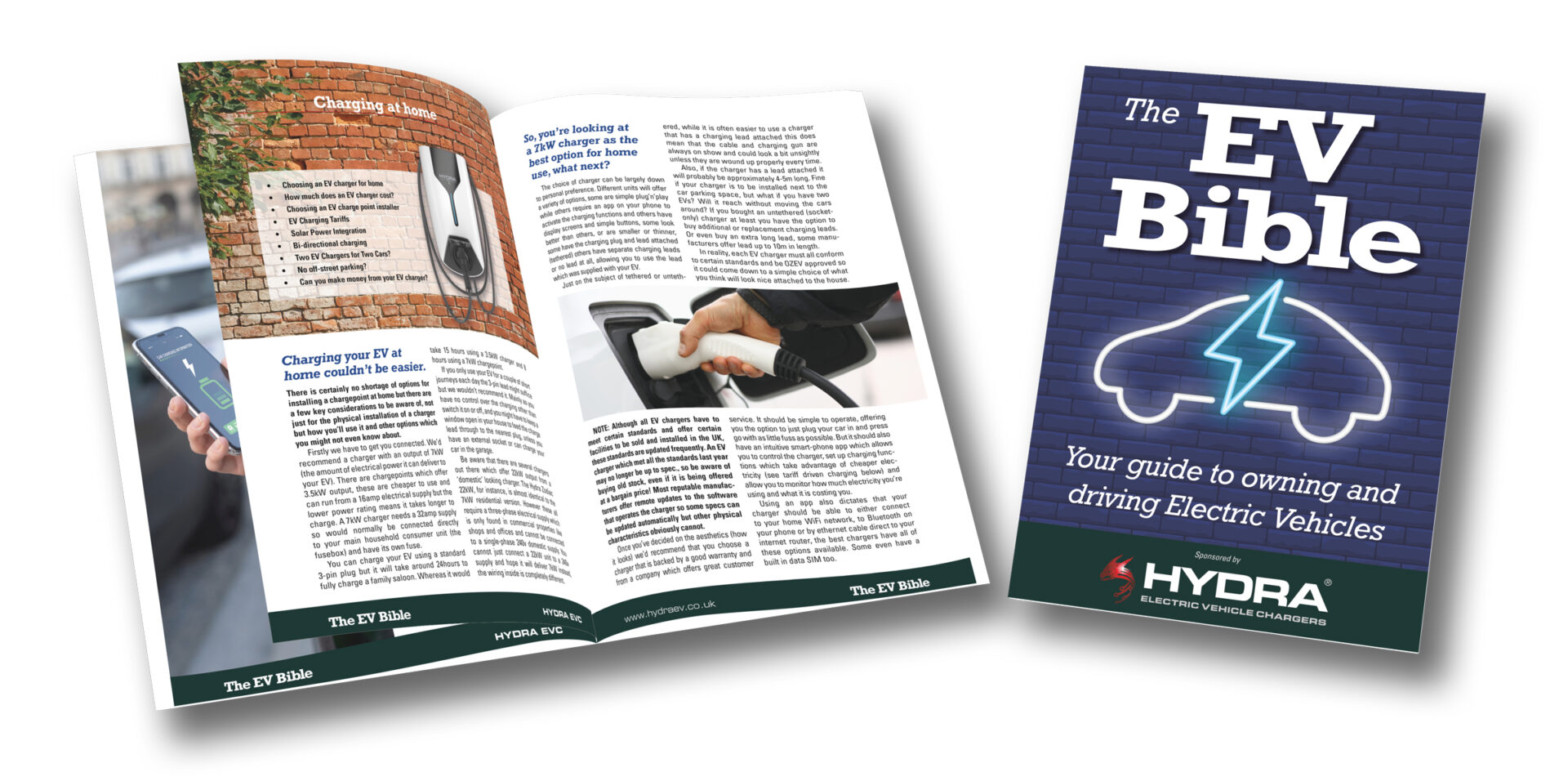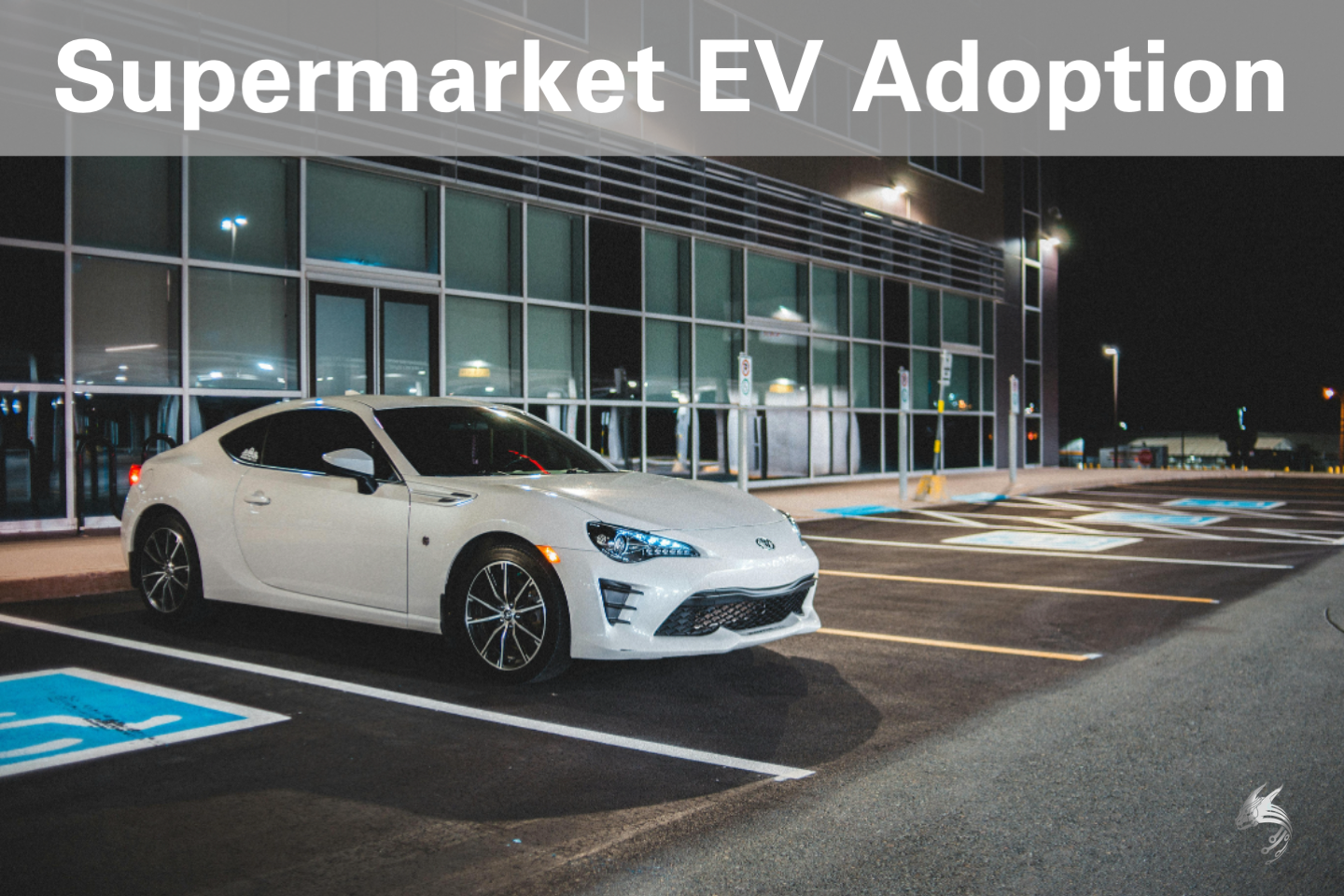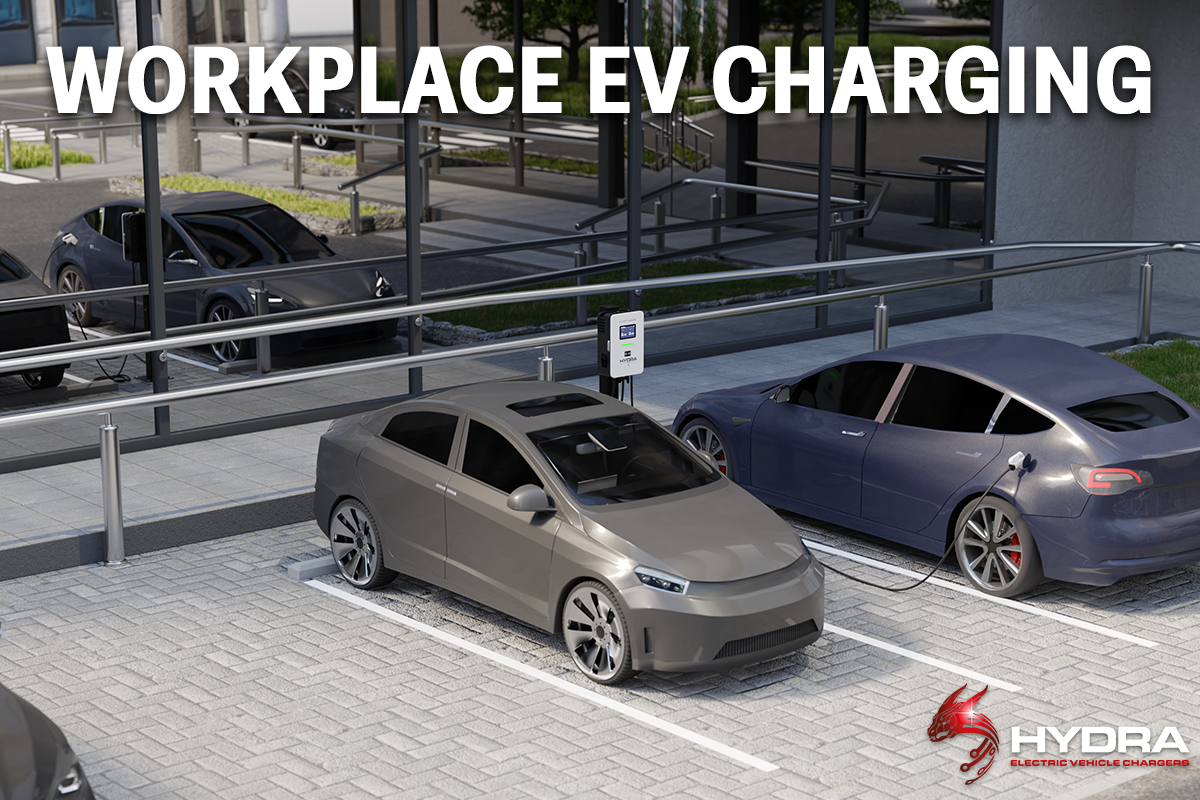DC (Direct Current) EV (Electric Vehicle) charging is faster than AC (Alternating Current) EV charging for several reasons:
⚡️ Voltage and Current Levels: DC charging stations provide higher voltage and current levels than AC charging. This allows for faster energy transfer to the vehicle’s battery, resulting in a quicker charging time.
⚡️Inverter Efficiency: EVs use an onboard inverter to convert AC power from the charge point into DC power for the battery. This conversion step is eliminated when using DC charging, leading to higher overall charging efficiency.
⚡️Battery Compatibility: Many electric vehicles, especially those designed for longer-range travel and faster charging, have batteries optimised for DC charging. They can handle the high power levels delivered by DC chargers more efficiently.
⚡️Rapid Charging: DC charging stations are often called “fast chargers” or “rapid chargers” because they can provide power much faster, typically in the range of 30 kW (similar to the Hydra DION) to 350 kW (like the Hydra Goliath) , depending on the charger’s capacity. AC chargers, on the other hand, typically provide power in the range of 7kW, 11kW or 22kW.
⚡️Reduced Heat Generation: DC charging generates less heat in the charging process compared to AC charging. Heat generation can slow down the charging rate, so DC charging is more efficient in this regard.
Charging Infrastructure Cost: While DC charging stations are more expensive to install than AC chargers, they are cost-effective for high-traffic areas and long-distance routes. This encourages the development of DC fast-charging networks, making them more accessible to EV owners.
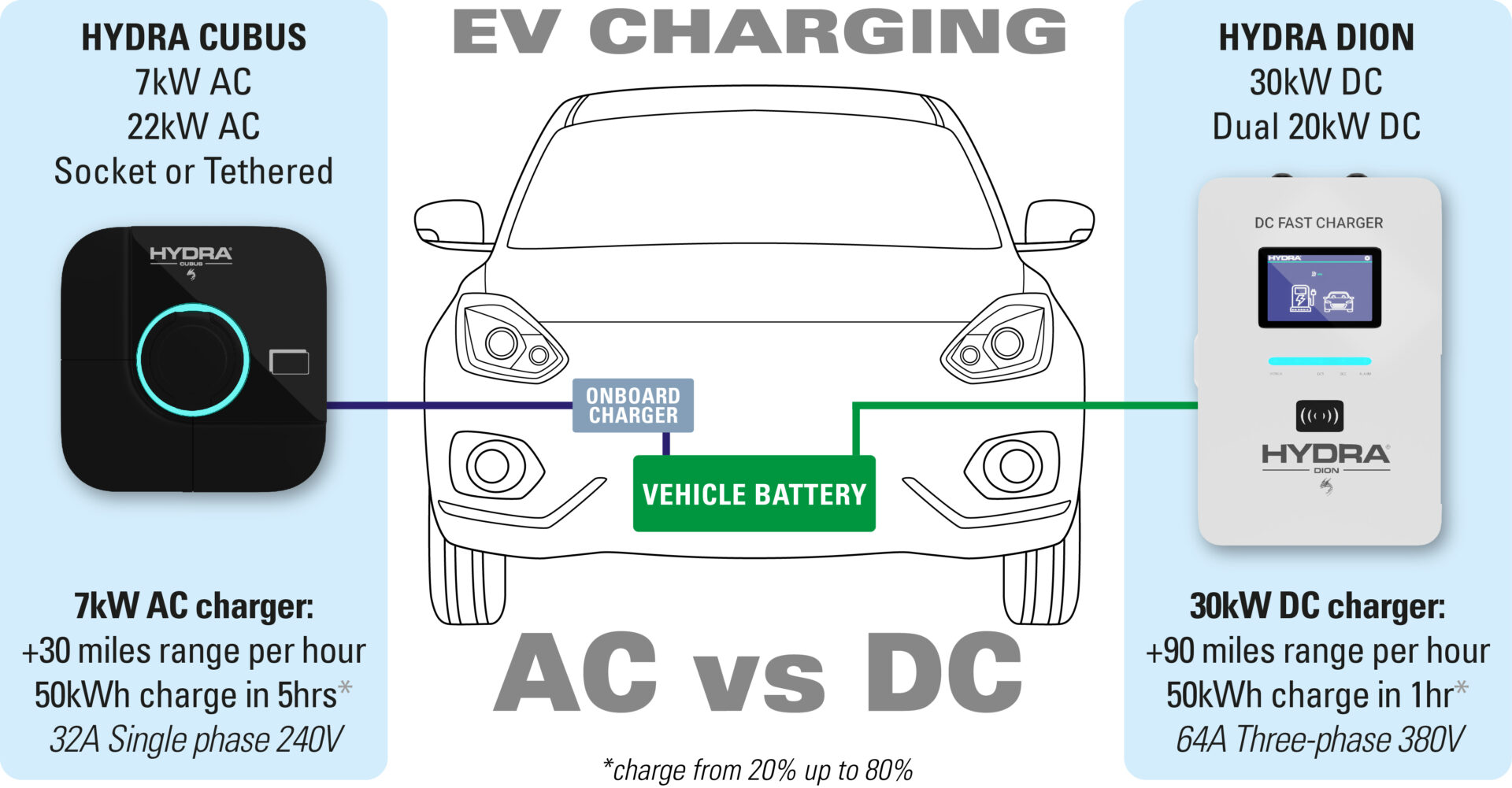
Not all EVs can accept rapid DC charging, and the charging speed can vary depending on the vehicle’s capabilities and the specific DC charger being used. Nonetheless, for EVs equipped for DC rapid charging, it offers a significantly quicker way to replenish the battery compared to AC charging.
